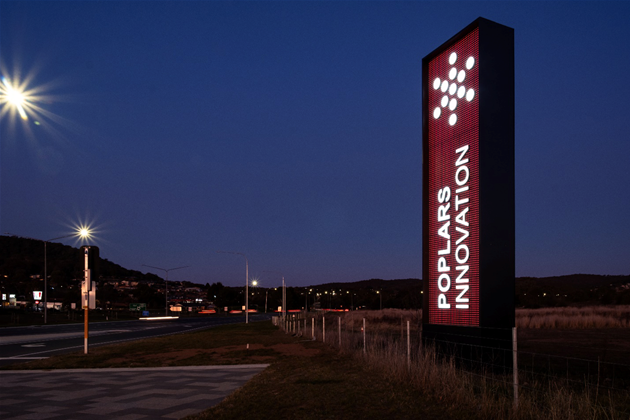Enviro-tech startup Samsara Eco will be building Australia’s first infinite recycling research and development (R&D) facility in Regional NSW.

The facility will be within the Poplars Innovation Precinct at Jerrabomberra, Queanbeyan, NSW, to help the startup scale its patented enzymatic capabilities.
According to Samsara Eco, it will serve as a key milestone for the company as it moves towards recycling 1.5 million tonnes of plastic per annum by 2030.
Currently, Samsara Eco’s enzymatic library can tackle challenging plastics including coloured, multi-layered, mixed plastics and textiles like polyester and nylon 6,6. The R&D facility will be pivotal to expanding its enzymatic library.
The facility expected to open in late 2024, will solely focus on accelerating Samsara Eco’s scientific research.
Since launching in 2021, Samsara Eco’s R&D has been based at the research laboratories at the Australian National University (ANU). Samsara Eco will continue to partner with the ANU as it works to scale up its world-leading technology ready for commercialisation.
Paul Riley, CEO and founder at Samsara Eco said the startup has had “fantastic growth” out of its ANU lab so far, but the plastic problem is growing fast.
“As we gear up towards commercialisation, access to our first R&D facility will enable us to accelerate the capabilities of infinite recycling and scale our solution which breaks down plastics in minutes, not centuries,” he said.
Councillor Kenrick Winchester, Queanbeyan-Palerang Regional council mayor said securing Samsara Eco as a key anchor tenant of the Poplars Innovation Precinct was a great step toward achieving the vision for the precinct.
According to the Council, it shares Poplars Developments’ vision that focuses on attracting defence, space, cyber-security, information technology and scientific research sectors to the new precinct.
Winchester said Samsara Eco’s technology has the potential to put Queanbeyan and Jerrabomberra on the international stage as countries all over the world look for ways to reduce waste and work toward net-zero carbon emissions.
“We hope that securing Samsara Eco is the first of many new and exciting initiatives for the precinct and we look forward to the employment opportunities the precinct will provide,” he said.
Samsara Eco uses enzyme technology to breakdown plastic waste which they then use to make virgin plastic.


_(20).jpg&h=140&w=231&c=1&s=0)


_(28).jpg&h=140&w=231&c=1&s=0)



_(26).jpg&w=100&c=1&s=0)

 iTnews Executive Retreat - Security Leaders Edition
iTnews Executive Retreat - Security Leaders Edition












_(1).jpg&h=140&w=231&c=1&s=0)



